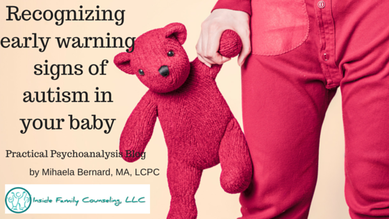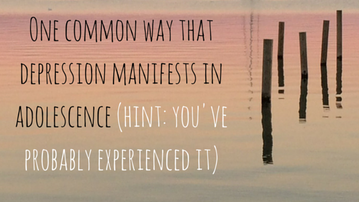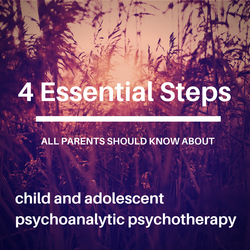 Article originally published in Practical Psychoanalysis Blog
Article originally published in Practical Psychoanalysis Blog If you do what most people do nowadays, you are probably frantically researching countless of websites, blog posts and articles to help you find some answers, which may have lead you to this post. Many parenting posts mention that each child is different and takes things at his/her own pace, leaving it open for interpretation if your baby is indeed delayed in their development. That can be even more confusing.






 RSS Feed
RSS Feed